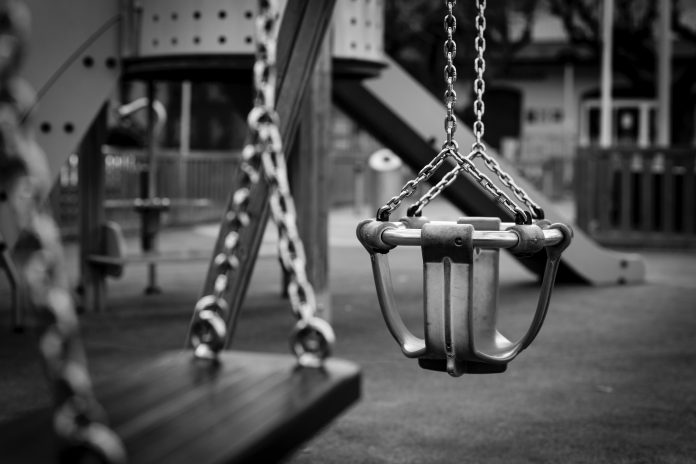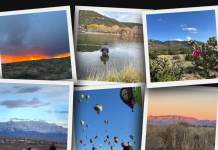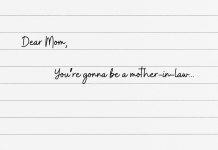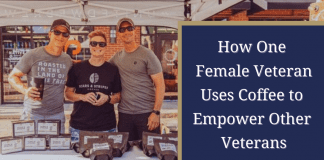It started with an outing to a playground.
A few weeks ago, we had a fun afternoon at a woodsy playground, where our kids met a boy and his brother, about 9 and 10. The younger brother kept announcing, “My brother is autistic— that’s why he’s weird.” And Jacob, who had only heard me talk about autism once before, kept asking “What’s autistic?”
Of course, Jacob didn’t want to listen to my explanations of neurodiversity when his cool new 9-year-old friend could put it into simple terms: “He’s kinda weird. He gets upset about stuff. We need to be nice.”
The 10-year-old was carrying a balloon animal with him, lovingly decorated in Sharpie marker. “This is my friend,” he announced. He clutched it tightly to his side and told us its epic origin story.
I pulled Jacob aside and said, “That balloon sure seems special to him. Let’s be careful around it, okay? Let’s not touch it.” And that was enough. In our house, we all know special items are sacred.
Sadly, sacred or not, even when paid the utmost respect, balloon animals don’t last long in the woods.
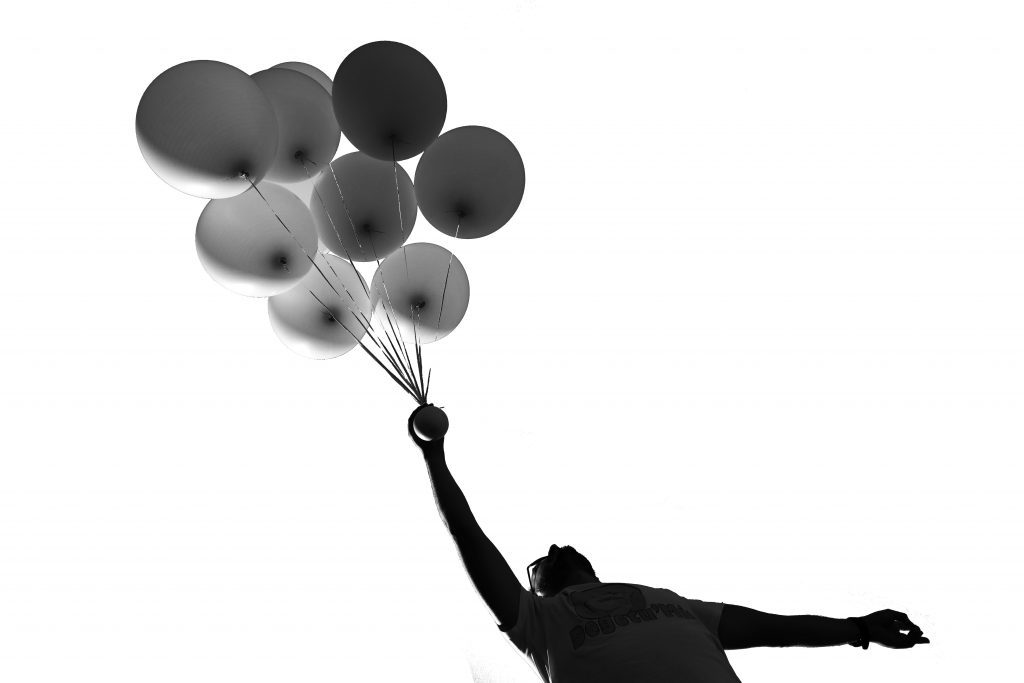
Eventually, our new friend’s balloon buddy met its untimely end. We empathized, we let him have space, and about ten minutes later, Jacob ran over to play with him once more. Before long, I heard a shout. The 10-year-old was yelling at Jacob, leaning towards him, his body vibrating with rage.
“What did you say?!” he yelled. “I’m going to punch you!”
Thankfully I was close enough to intervene. Thankfully this kind of threat doesn’t really phase me, since my own son is autistic (it might be a new label for us, but Jacob is Jacob). I knelt down between them and asked what was going on.
The younger brother ran to me and said, “My brother is autistic, remember? And Jacob just called him a ‘poop head!’”
Jacob responded, “I wasn’t being mean! I was trying to make everybody laugh!”
“You can’t call autistic people names!” the younger brother insisted. “You just can’t!”
I put my hand on Jacob’s shoulder gently and replied, “I know your brother is autistic. Jacob is autistic, too. But most important? We need to be kind to each other. We shouldn’t call each other names. And also, we shouldn’t hit. Let’s ALL choose to be kind.”
Somehow the truth of these words settled over us, grounding us like a weighted blanket.
I’ve been thinking about that brief encounter quite a bit lately, and not only because we are navigating a new diagnosis and all that entails. Because of the way my son and those brothers showed up on the playground, with their beliefs, their assumptions, their ideas about life— it all hits a little too close to home.
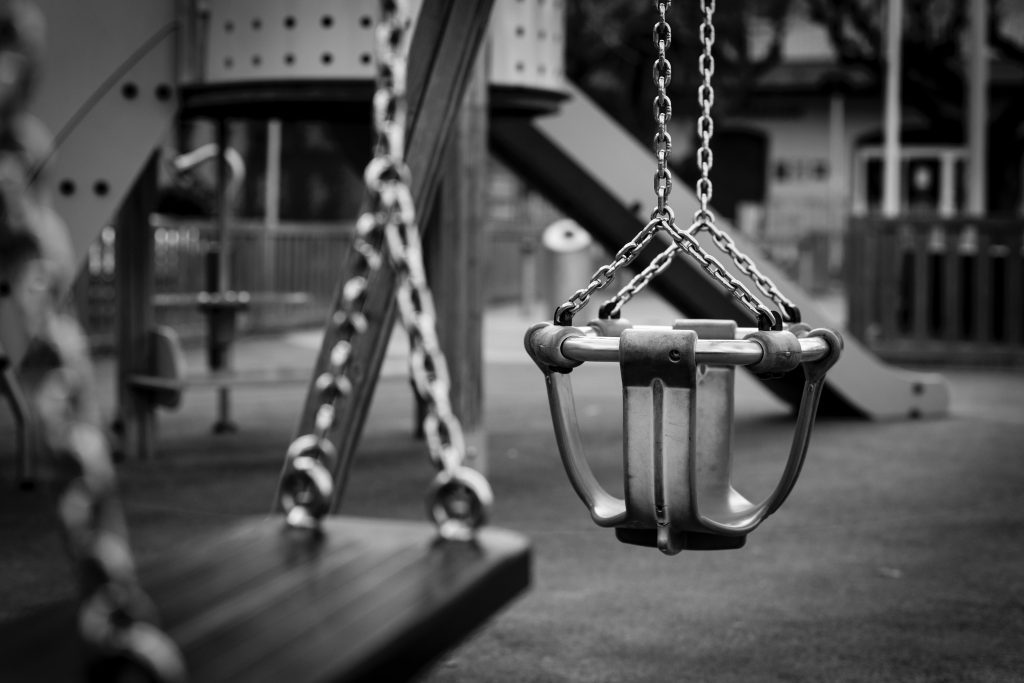
In the midst of a pandemic and after an election steeped in conspiracy theories and bias, social media has, more than ever, become our political playground.
We show up with our balloon animals and expect others to understand how precious it is to us. They might. They might not.
We use labels for things we’ve spent time learning about and expect others to know what we mean when we toss them out casually. They might. They might not.
We seek to defend and protect those who are most dear to us and expect others to do the same, in the same way. They might. They might not.
Then, when someone challenges our perceptions, it can be tempting to make like a 9-year-old and do what we can to protect the truth as we know it.
But you know what friends? Much like the autism spectrum isn’t actually a straight line, other people’s beliefs and political leanings can’t be mapped out clearly on a graph, either.
Each one of us is a beautiful constellation of experience, hopes, fears, and brain wiring. We’re all so very different. None of us fit perfectly under some kind of label or into some kind of box.
And yet, at the end of the day, don’t we each want to feel safe? To feel seen and heard? To know that those we consider to be vulnerable are receiving the resources they deserve?
Don’t we sometimes just want to make someone laugh but the joke falls flat because we misread our audience?
We have more in common than we think.
It takes courage to see past a defensive posture. It takes courage to lean in and quietly ask, “What’s really going on here?”
We have to stop making excuses for ourselves and others. We have to take accountability for what is ours to own.
Autism doesn’t mean it’s okay for my kid to be rude any more than personal beliefs about abortion or immigration or Netflix make it okay for you or me to be rude.
We can hear each other’s stories and perspectives. We can learn to understand these things about each other. We can also hold ourselves and our loved ones to a higher standard.
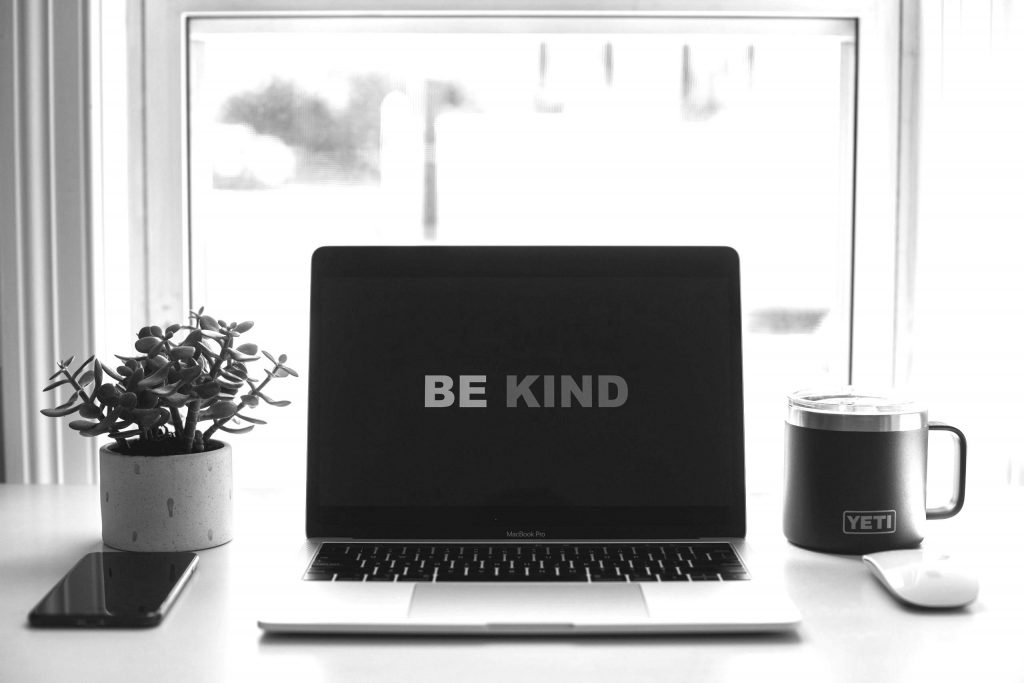
So can we quit the playground politics already?
Can we attempt to enter into conversations with each other with grace and patience and kindness? Even when we don’t agree? Even when we don’t understand? Even when we’re so mad we feel like punching someone?
Our kids won’t learn to be any different unless we decide to make a change.


